 This should be read in conjunction with the handout Enquiry Concerning Human Understanding Section 8: Liberty and necessity Part 1.
This should be read in conjunction with the handout Enquiry Concerning Human Understanding Section 8: Liberty and necessity Part 1. Hume takes a compatibilist position on the free will and determinism question. He believes that although human behaviour is utterly regular and predictable, but because Hume denies the absolute necessity of cause & effect (as a law) but claims all we see is constant conjunction, he seems to open up the possibility of some kind of human agency: some kind of 'autonomy' over our lives.
However, Hume does believe that are actions and choices are the effects of prior causes. He says that although some behaviour may be hard to explain, if we knew all the details of a person's life we would be able to work out why they did what they did. He gives the example of how a 'peasant' could not explain why a watch had stopped but a clockmaker could.
Below is a series of notes that I haven't worked into sentences yet, but I'm posting them anyway and I'll sort them out soon.
We think we have free will because we do not feel as if our choices are determined in the same way as the events that occur with inanimate objects.
choices must be connected to motives / circumstances. If not what would they arise from?
choices form part of ‘causal chain’
We are determined by prior events but our choices form part of those prior events.
Because Hume denies the absolute necessity of cause & effect (as a law) he seems to open up the possibility of some kind of human agency.









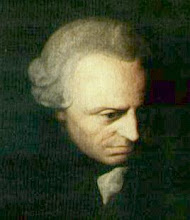
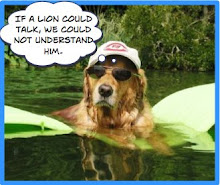

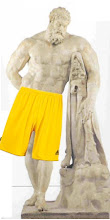


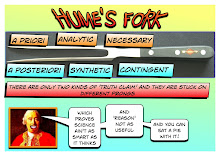
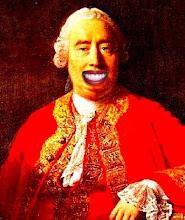



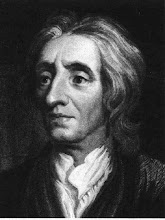.jpg)

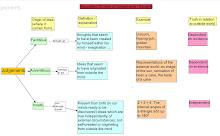
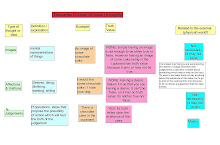
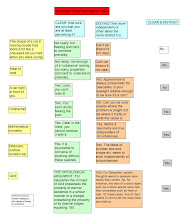



No comments:
Post a Comment